Description
Titanium Grade 2 Composition
| Titanium Gr 2 | C | Ti | N | Fe | H | O | V | Al |
| 0.1 max | 99.2 min | 0.03 max | 0.3 max | 0.015 max | 0.25 max | – | – |
Titanium Alloy Gr 2 Mechanical Properties
| Density | Melting Point | Yield Strength (0.2%Offset) | Tensile Strength | Elongation |
| 4.5 g/cm3 | 1665 °C (3030 °F) | Psi – 39900 , MPa – 275 | Psi – 49900 , MPa – 344 | 20 % |
| ASTM Grade (UNS No.) | GRADE 2 (R50400) | |||||
|---|---|---|---|---|---|---|
| Chemical Composition (Max. values unless range is shown) | (wt. %) | 0.08C; 0.03N; 0.25O; 0.30Fe; 0.015H | ||||
| TENSILE PROPERTIES | Guar.R.T. Min. | Typical Elevated Temperature Properties | ||||
|---|---|---|---|---|---|---|
| 93˚C (200˚F) | 204˚C (400˚F) | 315˚C (600˚F) | ||||
| Ultimate Strength | MPa (ksi) | 345 (50) | 393 (57) | 283 (41) | 221 (32) | |
| Yield Strength, 0.2% offset | MPa (ksi) | 276 (40) | 276 (40) | 166 (24) | 103 (15) | |
| Elongation in 51 mm (2″) gage length | (%) | 20 | 28 | 41 | 38 | |
| Reduction in Area – Bar, Billet & Forging only | (%) | 30 | 40 | 55 | 75 | |
| OTHER MECHANICAL PROPERTIES | ||||||
|---|---|---|---|---|---|---|
| Stress to Rupture in Time Shown | Stress | MPa (ksi) | 276 (40) | 240 (35) | 117 (17) | |
| Time-Hrs. at Temp. (˚C) | 10,000 (100) | 10,000 (200) | 1,000 (250) | |||
| Stress & Time to Produce Elongation Shown (creep) | Stress | MPa (ksi) | 209 (30) | 179 (26) | 103 (15) | |
| Time-Hrs. at Temp. (˚C) | 1,000 (25) | 1,000 (150) | 1,000 (250) | |||
| Creep | (%) | 1.0 | 1.0 | 1.0 | ||
| Charpy V-Notch Impact @ R.T. | Joules (ft-lbs) | 40 – 82 (30 – 60) | ||||
| Bend Radius | Under 1.78 mm (0.070″) thick | 2.0 x thickness | ||||
| 1.78 mm (0.070″) and over | 2.5 x Thickness | |||||
| Welded Bend Radius | 2.5-3.0 x Thickness 70 HRB | |||||
| Nominal Hardness | 70 HRB | |||||
| PHYSICAL PROPERTIES | ||||||
|---|---|---|---|---|---|---|
| Nominal Beta Transus | °C (°F) | 913 (1675) | ||||
| Coefficient of Thermal Expansion 10-6/˚C (10-6/˚F) | 0-100˚C (32 -212˚F) | 8.6(4.8) | ||||
| 0-315˚C (32-600˚F) | 9.2(5.1) | |||||
| 0-538˚C (32-1000˚F) | 9.7(5.4) | |||||
| 0-648˚C (32-1200˚F) | 10.1(5.6) | |||||
| 0-816˚C (32-1500˚F) | 10.1(5.6) | |||||
| Density | g/cm3 (lbs/in3) | 4.51(0.163) | ||||
| Melting Point, Approx. | °C (°F) | 1660 (3020) | ||||
| Electrical Resistivity @ R.T. | 10-6 ohm•cm (10-6 ohm•in) | 56 (22) | ||||
| Modulus of Elasticity – Tension | GPa (103 ksi) | 103 (15) | ||||
| Modulus of Elasticity – Torsion | GPa (103 ksi) | 41 (6.0) | ||||
| Thermal Conductivity | W/m•˚C (BTU/hr•ft•˚F) | 20.8 (12.0) | ||||
| Specific Heat | J/Kg•˚C (BTU/lb•˚F) | 520 (0.124) | ||||
| Weldability | Excellent | |||||
| Industry Specifications | ASTM – B265, B337, B338, B348, B363, B381,B861, B862, F67 and AMS 4902 | |||||
Titanium Grade 2 Melting Point
| Melting point | 1670°C, 3038°F, 1943 K |
| Boiling point | 3287°C, 5949°F, 3560 K |
| Density (g cm−3) | 4.506 |
Titanium Grade 2 Equivalent
| STANDARD | UNS | WERKSTOFF NR. |
| Titanium Gr 2 | R50400 | 3.7035 |
The high strength, low weight ratio and outstanding corrosion resistance inherent to titanium grade 2 and its alloys has led to a wide and diversified range of successful applications which demand high levels of reliable performance in surgery and medicine as well as in aerospace, automotive, chemical plant, power generation, oil and gas extraction, sports, and other major industries. In the majority of these and other engineering applications UNS R50400 Titanium Gr. 2 has replaced heavier, less serviceable or less cost-effective materials. Designing with titanium taking all factors into account has resulted in reliable, economic and more durable systems and components, which in many situations have substantially exceeded performance and service life expectations. Titanium is available in different grades, unalloyed or alloyed.
Applications of Werkstoff Number 3.7035 Ti. Grade 2 are in vivid industries like for Orthopaedic applications like surgical implants and prosthesis, Airframe and aircraft engine parts, Marine chemical parts, Condenser tubing, Heat exchangers and so on. In the medical industry this is a very significant material. Biocompatibility of this is amazing, especially when it directly comes in contact with tissue or bone in human body. At FASTWELL, Titanium Grade 2 parts are manufactured in the EBM process and they feature good machinability and can be machined as stock parts.
There are certain factors which contribute to efficient machining of Ti parts and they are
- Low cutting speeds
- High feed rate
- Generous quantities of cutting fluid
- Sharp tools
- Rigid setup.
It may be welded by a wide variety of conventional fusion and solid-state processes, although its chemical reactivity typically requires special procedures.

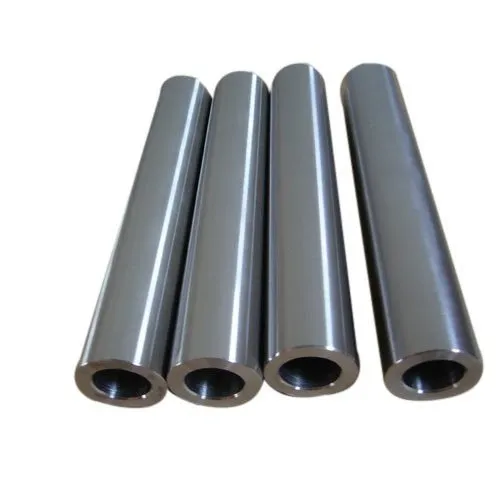
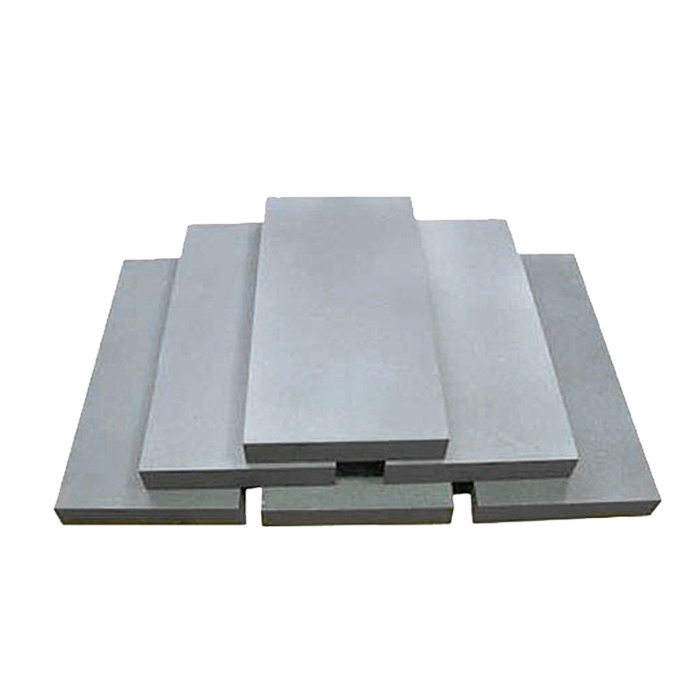
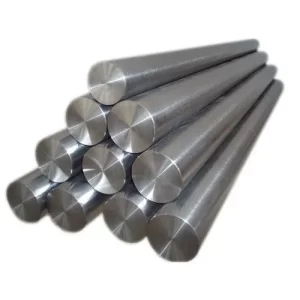
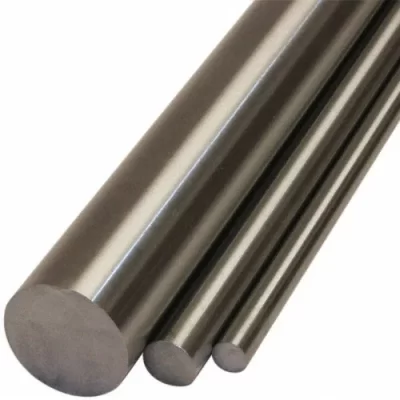
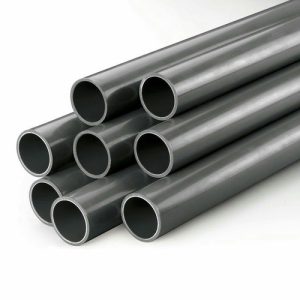
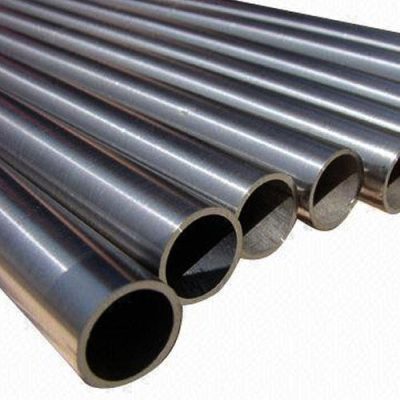
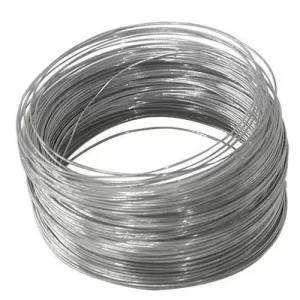
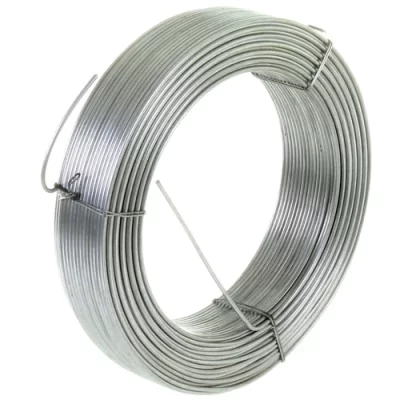
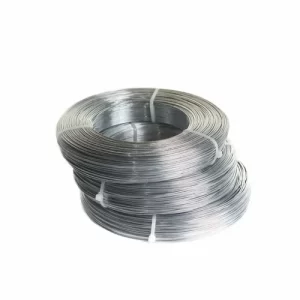
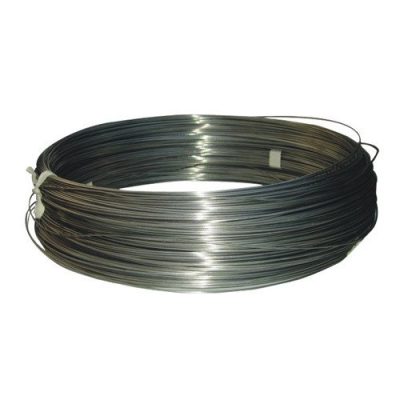
Reviews
There are no reviews yet.